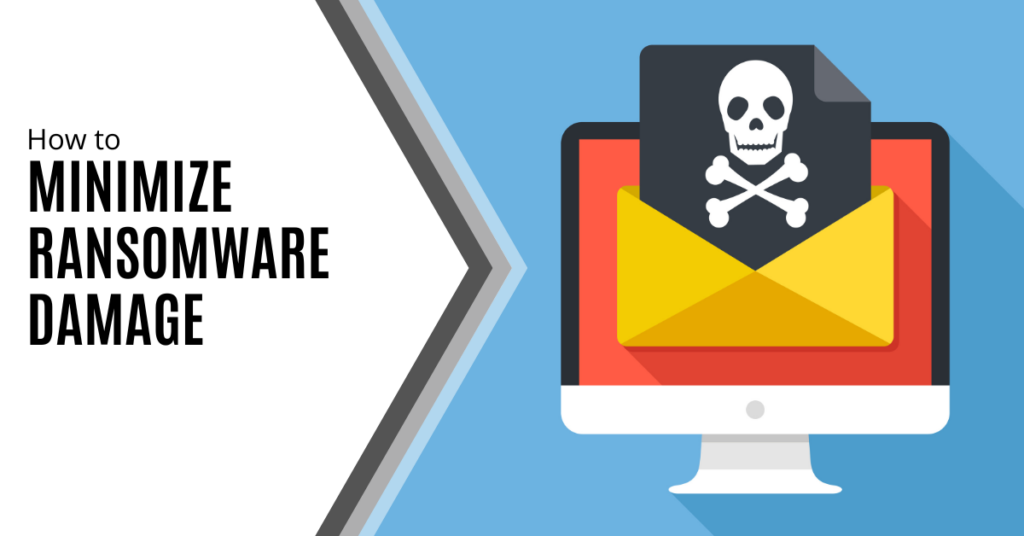|
Getting your Trinity Audio player ready...
|

Ransomware attacks are on the rise and pose a significant threat to individuals and businesses. Malicious software can encrypt your files, making them inaccessible unless you pay a ransom, leading to financial loss and stress. This guide explains how to prevent such attacks and what to do if your data is affected.
What Is Ransomware?
Ransomware is a type of malware that infiltrates your computer, locks your files, and demands money to unlock them. This form of cybercrime is both frightening and costly. If not addressed promptly, it can cause significant damage.
How Does Ransomware Work?
The most common way this malicious software infects your system is through phishing emails or harmful websites. It can also spread through networks, affecting multiple devices. Once inside the system, it encrypts files using complex algorithms and demands payment to unlock them.
Understanding Encryption
Encryption is the transformation of information into a coded form that can only be deciphered with a specific key. Malicious software uses strong encryption methods to lock your files, making it nearly impossible to retrieve them without paying.
Prevention Measures Against These Attacks
Taking preventive measures can significantly reduce your risk of being a victim. Here are some essential practices:
1. Keep Your Software Up to Date
Regularly update your operating system and applications to patch vulnerabilities that malicious software could exploit.
2. Use Reputable Antivirus Software
Install a reliable antivirus program and keep it updated. Modern solutions can detect and block threats before they cause harm.
3. Be Cautious with Emails
Avoid opening emails from unknown senders. Never click on suspicious links or download unfamiliar attachments.
4. Maintain Regular Backups
Regularly back up your files and store them on separate devices or in different locations. If your data is encrypted, you can restore it without paying.
What to Do If Your Device Is Infected
If your device is compromised, act quickly to limit the damage:
1. Disconnect from the Network
Immediately unplug your computer from the internet to prevent the malicious software from spreading.
2. Do Not Pay the Ransom
Paying the ransom does not guarantee file recovery and may encourage attackers to continue their activities.
3. Report the Incident
Inform law enforcement and your country’s cybersecurity center. They may offer guidance and use the information to combat cybercrime.
4. Restore Your Data
If you have backups, use them to recover your system. Ensure that any malware is completely removed before restoring.
How Businesses Can Protect Themselves
Businesses are prime targets for such attacks. Here are some measures to enhance security:
1. Employee Training
Educate employees about online threats and safe internet practices.
2. Restrict Access to Critical Files
Limit file access based on employee roles to reduce the risk of spreading within the network.
3. Have a Response Plan
Develop a comprehensive plan to address security incidents. Conduct regular security drills to ensure preparedness.
Trends in Future Ransomware Attacks
Cybercriminals are constantly evolving their methods. Being aware of emerging threats is crucial:
1. Mobile Device Attacks
Mobile devices like smartphones and tablets are increasingly targeted, making mobile security essential.
2. Double Extortion
Attackers may steal data before encryption and threaten to release it if payment is not made.
3. Cloud-Based Threats
As businesses move data to the cloud, attacks on cloud storage are becoming more common. Robust security measures for cloud services are vital.
Stay Prepared and Vigilant
Ransomware can disrupt personal and business operations, but proactive measures can significantly reduce the risk. Protect your systems, safeguard your data, and practice caution while online. For businesses, training employees and implementing strong security practices are essential. Contact Twintel for assistance with such incidents. Preparation remains the most effective defense strategy.
Twintel has grown into an expansive, full team of IT services professionals, acting as the outsourced IT department of non-profits, small to mid-size businesses, and enterprise-level corporations in Orange County, across California, and nationally.
Today, it’s the strength and deep expertise of the Twintel team that drives positive outcomes for clients. Each of the support staff, technicians, and engineers works diligently each day to make sure that the companies served have the seamless, secure, and stable IT environments needed to allow them to pursue their organizational objectives.